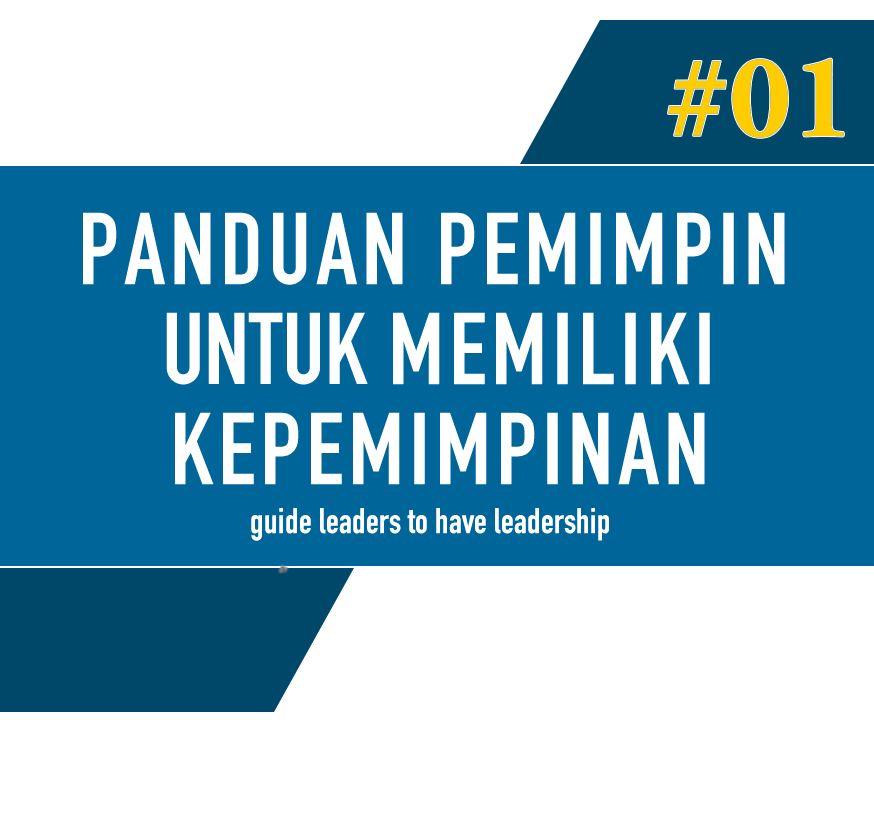Few things improve our lives more than the electricity we use every day. At the flip of a switch or the push of a button, it’s always there to help make our homes more comfortable and secure. It’s easy to take the comforts of electricity for granted — but taking its dangers for granted can be deadly.
We want to help you get the most value from your energy, and that includes helping you use it safely.
In this brochure, you’ll find great tips on:
- Checking your home’s wiring and circuit panel
- Using appliances safely
- Staying safe indoors and out
How Electricity Work?
Before learning how to keep your home safe, it’s important to understand why:
- Electricity always tries to find the easiest path to the ground.
- Electricity flows easily through water.
- The human body is 70 percent water.
These three facts add up to a very dangerous situation for anyone who gets too close to an electrical current. Many people think if they are shocked, they can pull away and not get hurt. But electricity travels at the speed of light, so a person has virtually no chance of pulling away without injury. Electricity can also jump through the air to find the easiest path to the ground, so injuries can occur even if no direct contact is made.
An electric shock affects the body in several ways:
- Muscle contractions lock the victim into the circuit.
- Chest muscles contract, causing difficulty breathing and unconsciousness.
- Heartbeat is interrupted and veins are constricted.
- Burns occur at the entrance and exit points of the current.
- Partial or total paralysis can occur.
If an electrical emergency occurs, it’s important to know how to respond without getting hurt yourself.
- Do not touch the victim until the circuit has been turned off — unplug the appliance from the outlet or turn off the power at the fuse box or circuit breaker first.
- Call 911, making sure to tell the dispatcher it is an electrical accident.
- If you’re sure the circuit has been turned off, administer first aid (CPR or mouth-to-mouth resuscitation, if you are certified).
- Always seek medical help for an electrical contact accident. Electricity burns from the inside out, so some injuries might not be visible; your heart also can be affected several hours after the contact.

No comments:
Post a Comment